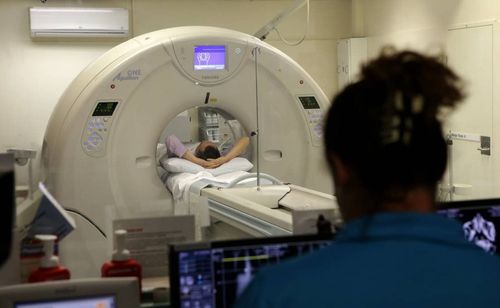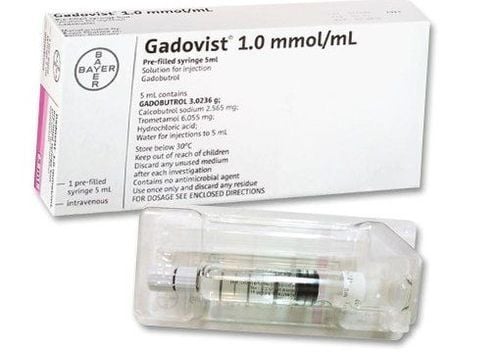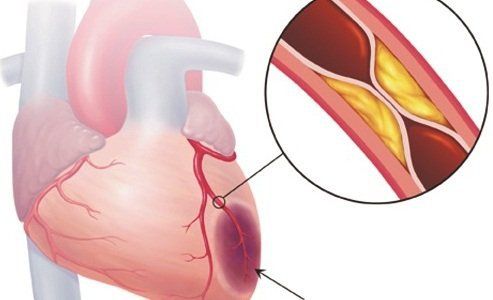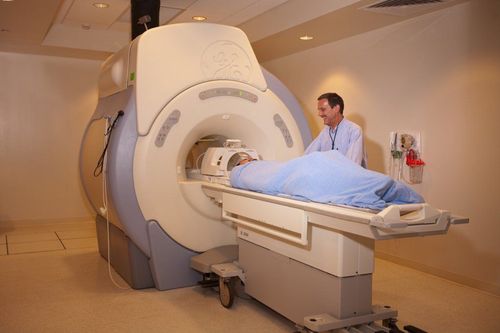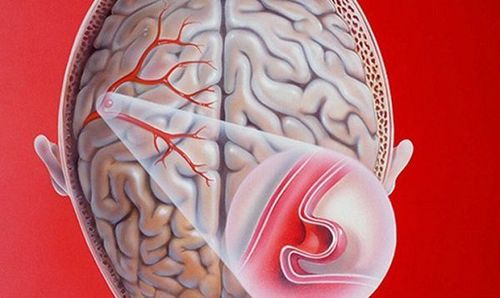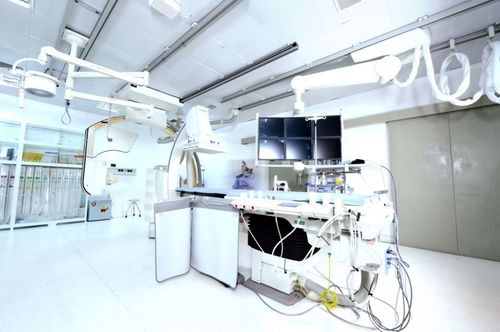This is an automatically translated article.
The article is professionally consulted by Dr. Pham Quoc Thanh - Radiologist - Department of Diagnostic Imaging - Vinmec Hai Phong International General Hospital.The heart and vascular system play an important role in nourishing the organs in the body. Using an MRI scan to check the activity of the heart and blood vessels is called magnetic resonance angiography (MRA). An MRI technique can also be used to measure heart function or how much blood the left ventricle can pump out of the body.
1. Heart MRI
1.1. Concept
Magnetic resonance imaging is a method that uses a strong magnetic field combined with radio signals and a computer to create images of tissues and organs in the body. In this case the heart.Cardiac magnetic resonance is an imaging technique that is being used commonly in the world in general and in our country in particular for patients with or suspected of having heart disease. The advantages of cardiovascular magnetic resonance imaging are high soft tissue contrast, high spatial resolution, multi-section, no radiation, and non-invasiveness. Today, cardiac magnetic resonance is widely applied in coronary artery disease, heart valve, congenital heart, myocardium, heart failure...
MRI machine is a large-sized, two-headed catheter-shaped device. , using large magnets that create a magnetic field around the body. The magnetic field aligns the protons in a straight line, then radio waves knock them out of place. When the radio source is switched off, the protons gradually return to their original arrangement. The arrangement time of these protons will be calculated and analyzed by the computer and then expressed into an image of the tissue or organ being taken.
1.2. Indications and contraindications for cardiac MRI
Cardiac MRI is one of the popular applications of magnetic resonance imaging. MRI can be performed to evaluate a number of symptoms such as:Cardiomyopathy: myocarditis, dilated myocardium, enlarged myocardium, iron deposition of myocardium, unbound myocardium... Congenital heart defects: These are heart defects that occur during fetal development. The most common presentation of this condition is an anatomical defect or shunt: such as ventricular septal defect, ectopic blood vessels... Coronary artery disease aims to assess left ventricular function and mobility. , especially assessing myocardial survival in acute and chronic infarction that other methods are still limited to investigation Heart failure: This condition occurs when the heart muscle is weak and cannot pump enough blood to supply the muscle. body; Aneurysm : A weakening of part of the heart muscle or aorta; Heart valve disease: When the heart valve is damaged, it leads to narrowing or opening of the heart valve, preventing blood flow through it. The above condition occurs, causing the heart to work too hard, which can eventually lead to heart failure; Heart tumors: Cases of primary heart tumors are very rare (incidence less than 0.1%), currently the cause of this condition is not clear.
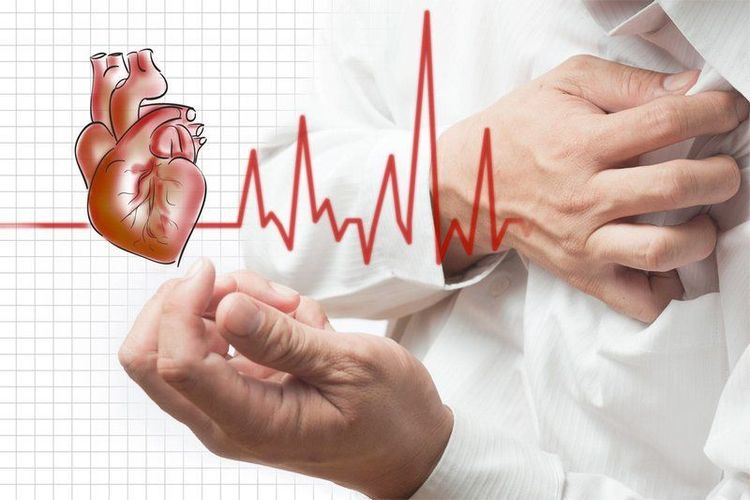
MRI có thể được thực hiện để đánh giá một số triệu chứng của suy tim
Although it does not use harmful radiation, cardiac MRI still has potential risks. Therefore, cardiac MRI is not indicated if the patient has:
Implantation of a pacemaker or defibrillator; Having an intracranial aneurysm; Cochlear implantation; Some metal devices such as artificial joints; Implant some types of needles for injection and infusion of drugs; Having an IUD in place for women; Bullet fragments left in the body; Severe kidney failure. If the patient is pregnant in the first 3 months, the doctor may order other tests. For fetuses older than 3 months, MRI can be safe, but patients should still be discussed the benefits and risks of MRI before proceeding.
In some cases, MRI patients receive intravenous contrast injection to obtain clearer images of tissues and organs. These drugs carry the risk of allergic reactions, so patients should talk to their doctor or technician before using this method. In addition, contrast agents can affect patients with asthma, anemia, low blood pressure, kidney disease, and sickle cell disease.
Renal system fibrosis is a very rare but serious complication of contrast media use in patients with renal disease. Therefore, if you have a history of kidney failure, kidney transplant, liver disease or are on dialysis, you should inform your doctor or technician before receiving contrast injection.
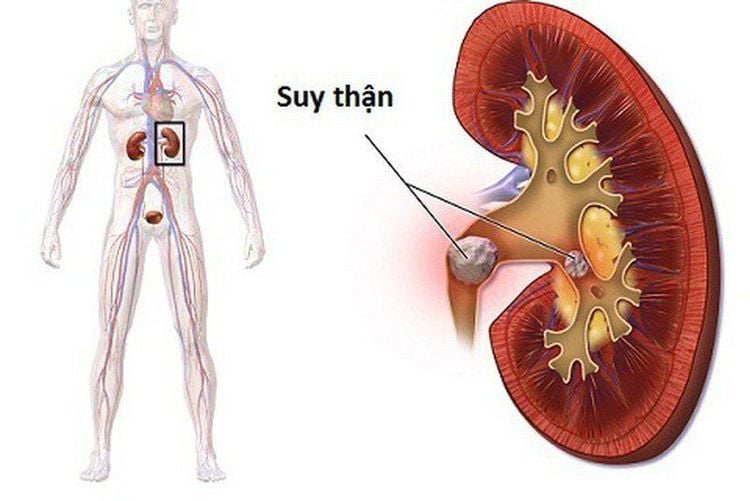
Bệnh nhân suy thận trước khi tiêm thuốc cản quang cần thông báo với bác sĩ về tình trạng bệnh của mình
1.3. Notes before and after cardiac MRI
Eating and drinking: The patient can eat, drink and take medicine as usual. Clothing: The patient must wear a patient gown and lock all personal belongings. Requirements: The image takes place inside a large tube, open at both ends. The patient must lie completely still for the best image quality. Due to the loud noise of the MRI machine, the patient must use earplugs. Allergies: If the patient has had some allergic reaction to contrast that requires medical treatment, contact the doctor to obtain a prescription for treatment. The patient will probably take this medication for 24 hours, 12 hours, and 2 hours before the test. Antibiotics: If you need anti-anxiety medication because you're afraid of being surrounded, contact your doctor for a prescription. Strong magnetic environment: If the patient has metal in the body, the MRI scan may be delayed, rescheduled, or cancelled.
Người bệnh có thể ăn, uống như bình thường trước khi chụp MRI tim
MRI does not cause pain for the patient. The patient must lie still because it may be uncomfortable. The technician will use all possible comfort measures and complete the MRI scan as quickly as possible to reduce discomfort or pain for the patient.
After cardiac MRI, the patient should move slowly when getting up from the scanner table to avoid dizziness or lightheadedness when lying flat for the length of the MRI.
If the patient has been sedated, the patient should rest until the sedation wears off. The person will also need to avoid driving.
If the dye causes an allergic reaction, the person may be monitored for a period of time for any side effects or allergies to the contrast dye, such as itching, swelling, rash, or difficulty breathing. If the person notices any pain, redness and/or swelling talk to a specialist.
On the other hand, no special care is needed after a cardiac MRI. You can return to your usual diet and activities, unless your doctor advises you differently.
2. Vascular MRI
An MRI of the blood vessels, like an MRI of the heart and other organs, can also evaluate the condition of blood vessels, especially those of the brain.MRI of blood vessels and MRI of cerebral vessels to focus on evaluating:
Atherosclerosis: is a condition in which fats and cholesterol in the blood are deposited on the walls of blood vessels to form atherosclerotic plaques, causing the vessel lumen to narrow. obstructing blood circulation leading to a number of dangerous diseases such as myocardial infarction, stroke, limb embolism.... Coronary artery disease aims to assess the function and mobility of the left ventricle, especially assessing the function of the left ventricle. assessment of myocardial survival in acute and chronic infarction that other methods are still limited to survey. Structural abnormalities in the arterial system such as aortic aneurysm or dissection, coarctation of the aorta, etc. Inflammation or occlusion.
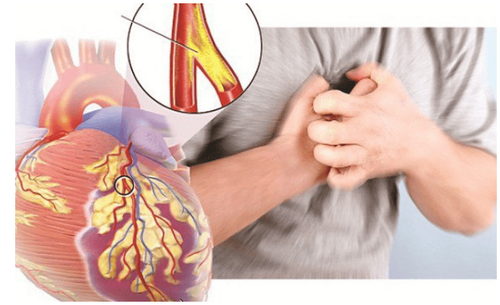
Chụp MRI mạch máu có thể đánh giá tình trạng của xơ vữa động mạch
Vinmec International General Hospital is currently one of the major hospitals with modern machinery and equipment for general medical examination and treatment procedures and accurate and modern MRI for brain diseases, cerebral vessels in particular.
The 3.0 Tesla magnetic resonance imaging system with Silent technology of GE Healthcare (USA) is modernly equipped in hospitals. As a modern machine, high magnetic force, fast imaging should evaluate blood vessels, flow clearly. And have the best image processing software.
A team of experts from many different specialties will consult to come up with the best diagnosis and treatment for the patient.
In particular, Vinmec International General Hospital is the first unit in Southeast Asia to put into use the new 3.0 Tesla Silent MRI machine from the US manufacturer GE Healthcare.
The machine currently applies the safest and most accurate magnetic resonance imaging technology available today, without using X-rays, non-invasive. Silent technology is very beneficial for patients who are young children, the elderly, patients with weak health or have just had surgery.
Master. Doctor. Pham Quoc Thanh has received intensive training and participated in many national and international scientific conferences on diagnostic imaging. The doctor has 13 years of experience in the field of diagnostic imaging and is currently a doctor at the Department of Diagnostic Imaging at Vinmec Hai Phong International General Hospital.
To register for an examination at Vinmec International General Hospital, you can contact the nationwide Vinmec Health System Hotline, or register online HERE.
References: mayoclinic.org, heart.org, hopkinsmedicine.org





